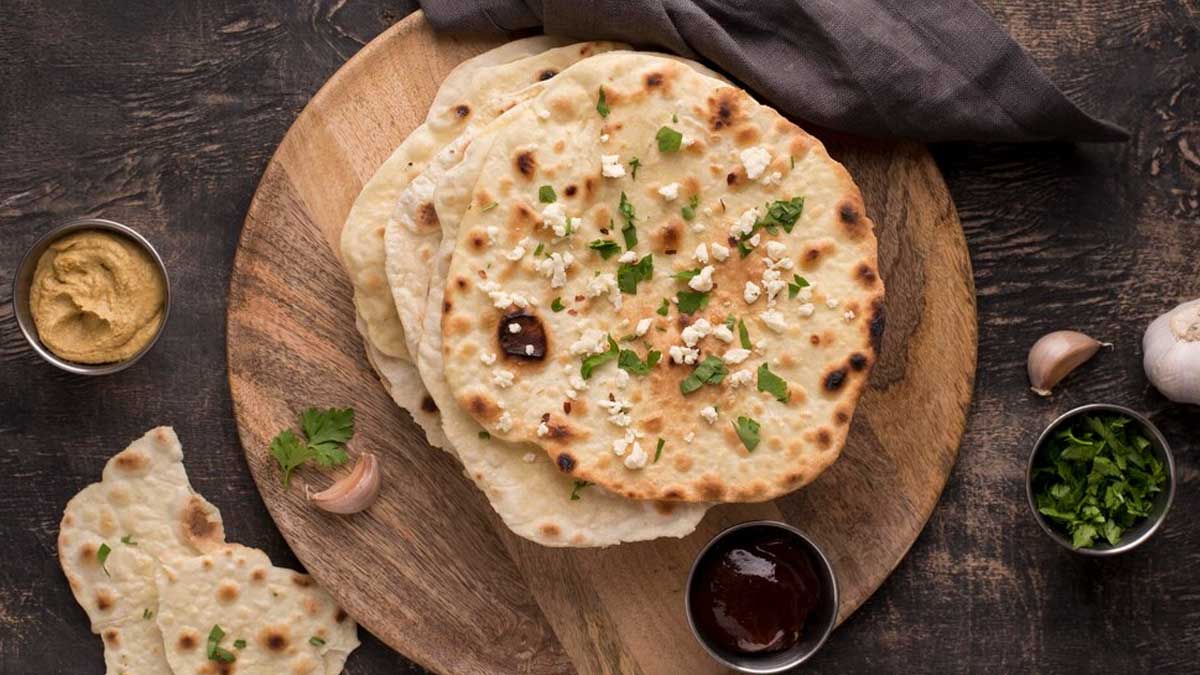
Are you confused between choosing the best roti for your health, with options, such as ragi, jowar, and wheat available in the market? Each offers something different, from boosting bone strength to helping manage blood sugar levels. But how do you know which is best for your needs? To make things easier, we spoke with Akshata Chavan, Clinical dietician, Wockhardt Hospitals, Mumbai Central, who explained the health benefits of these grains and helped you pick the healthiest choice for your diet.
Table of Content:-
When comparing the health benefits of ragi (finger millet), jowar (sorghum), and wheat roti, several factors, such as nutritional content, Glycemic Index (GI), fibre content, and suitability for specific dietary needs come into play. Here’s a breakdown to determine which is the healthiest and why.
1. Ragi (Finger Millet)

Ragi is considered a powerhouse of nutrients, making it one of the healthiest grains available. It is rich in calcium, iron, and dietary fibre, making it especially beneficial for bone health and digestion. In fact, ragi has the highest calcium content among all cereals, which is crucial for maintaining bone density, particularly in growing children and ageing adults.
Not only this, ragi is gluten-free, making it an excellent choice for people with gluten intolerance or celiac disease. "Gluten, a protein found in wheat and other grains like barley and rye, can be problematic for some people, particularly those with celiac disease or gluten sensitivity. For these individuals, gluten can cause digestive issues, inflammation, and other health problems," said Chavan.
Its low GI results in a slow release of glucose into the bloodstream, which helps prevent spikes in blood sugar levels. It is therefore suitable for diabetics.
According to a 2013 study, finger millet stands out among cereals and millets for its exceptionally high calcium content (344% mg) and potassium (408% mg). It also offers more dietary fibre, minerals, and sulphur-containing amino acids compared to white rice, which is currently the main staple food in India.
Also Read: Expert Explains Different Types Of Millet & Various Ways To Consume Them
2. Jowar (Sorghum)

Jowar is another highly nutritious grain, rich in antioxidants, fibre, and essential minerals like magnesium, potassium, and iron. “Like ragi, jowar is gluten-free, making it a good option for those avoiding gluten. The high fibre content in jowar aids digestion and helps control cholesterol levels by promoting heart health,” added Chavan.
Jowar has a medium glycemic index, making it a good choice for those looking to manage blood sugar levels, though its effect is not as slow or controlled as ragi. Also, jowar contains polyphenols, which have antioxidant properties that protect against cell damage and chronic diseases.
Also Read: Here's Why You Should Choose Millet Flours Over Wheat And Maida
3. Wheat

Wheat is the most commonly consumed grain for making rotis, and while it has many health benefits, it comes with some limitations. Whole wheat is a good source of carbohydrates, fibre, and essential minerals, such as iron, zinc, and magnesium. It helps in providing sustained energy and improving digestion due to its fibre content.
“However, wheat contains gluten, which can be problematic for individuals with gluten intolerance or celiac disease. Additionally, wheat has a higher glycemic index than ragi and jowar, which means it may cause quicker spikes in blood sugar levels, making it less ideal for people managing diabetes or those looking for lower-GI foods,” added Chavan.
Bottomline
Chavan concluded, “While all three grains offer health benefits, ragi emerges as the healthiest choice overall due to its high calcium content, low glycemic index, and gluten-free properties. Jowar comes in a close second with its antioxidant-rich profile and heart-healthy benefits. Wheat is a good option for those who do not have gluten sensitivities but may not be as beneficial for people managing diabetes or seeking to improve overall metabolic health.”
Ragi and jowar are gluten-free alternatives, making them suitable for those who need to avoid gluten. They provide essential nutrients without the adverse effects associated with gluten for sensitive individuals.
[Disclaimer: This article contains information provided by an expert and is for informational purposes only. Hence, we advise you to consult your own professional if you are dealing with any health issues to avoid complications.]
Also watch this video
How we keep this article up to date:
We work with experts and keep a close eye on the latest in health and wellness. Whenever there is a new research or helpful information, we update our articles with accurate and useful advice.
Current Version